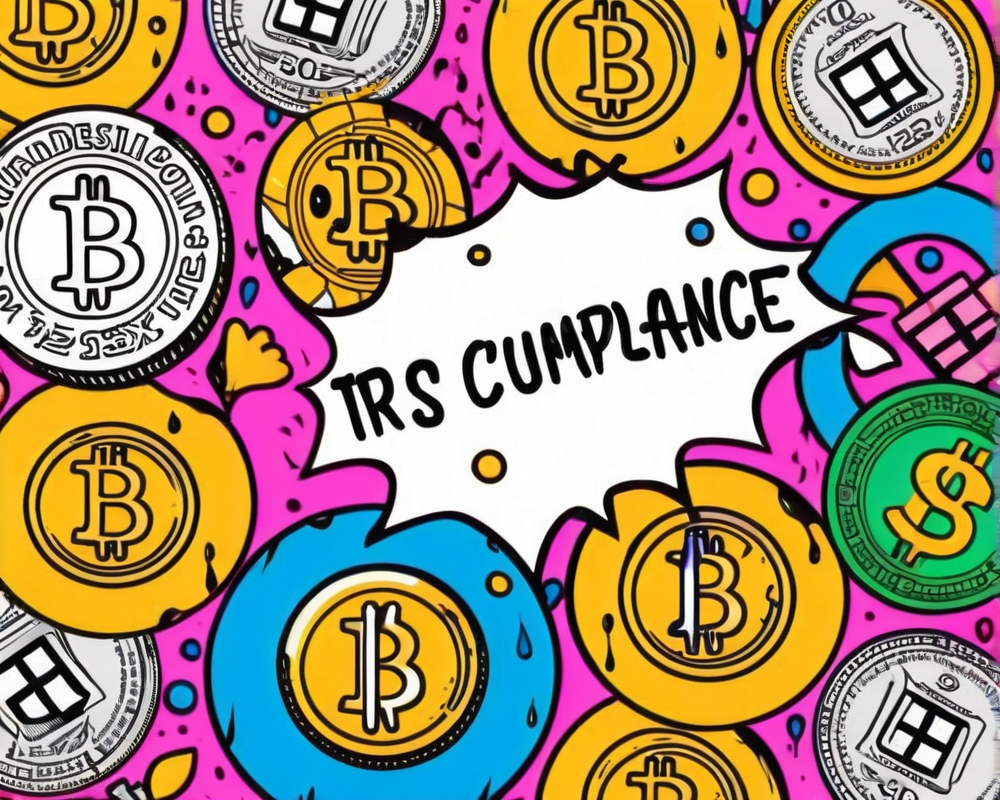The Great Digital Currency Tax Crackdown
In a move that’s sending shivers down the spines of digital currency enthusiasts, the IRS has begun dispatching letters to over 10,000 taxpayers. These letters serve a significant purpose: they’re a polite nudge (or perhaps more of a shove) reminding individuals that failing to report digital currency income is a habit best broken ASAP.
Understanding the Letters: What Are They Really About?
The IRS presents three variations of these letters—6173, 6174, and 6174-A. They all converge on a central theme: your tax and filing obligations related to digital currency. They’re practically begging for you to review your tax filings and admit, perhaps sheepishly, that you might have overlooked a thing or two.
What to Do If You Receive an IRS Letter
So, you’ve got one of those bright white envelopes from the IRS? First Step: Don’t panic! Instead, consider it a friendly warning system. The IRS wants you to rectify any dust bunnies lurking under your tax return.
- Review Your Records: Dive into your past transactions like you’re on a treasure hunt.
- Amend Your Returns: If you see mistakes, don’t be shy—fix them.
- Pay What You Owe: Take a deep breath, front up any back taxes, including interest and penalties.
The Benefits of Proactive Corrections
If you play your cards right and address potential oversights before the IRS comes knocking sincerely, you may find they’re transparent about forgiveness. It’s like volunteering to clean up before your parents arrive home to a messy living room!
Don’t Breathe Easy Just Yet
Curiously enough, if you don’t get one of these letters, it doesn’t necessarily mean you’re off the hook. The IRS’s interest in your digital currency transactions lingers like a cat who’s cut you and the dog off from the couch. So, get those reports in order, and who knows? An audit could be in your future if you take a lackadaisical approach.
Why You Should Take Digital Currency Serious
Although the IRS has issued scant guidance on crypto transactions since IRS Notice 2014-21, their warfare on tax compliance in this arena is fierce and uncompromising. To put it plainly, if you don’t report appropriately, the IRS isn’t just tapping their fingers—they’re actively measuring how long until they come for you. And no one wants that phone call.
Preparing for What Lies Ahead
Given that the IRS plans to release more guidance regarding digital currencies, it’s essential to stay ahead of the game. Your best move is to undergo a self-audit—think of it as a practice test for the real-life IRS examination. And if it feels too overwhelming, enlisting the help of a tax professional, especially one with a bulldog-like tenacity, may be your golden ticket to compliance.
“If you receive a notice from the IRS, consider it a warning that you could be next on their audit list.”
So, in conclusion, whether you receive one of those trust-busting letters or not, it’s a solid idea to review what you’ve reported, as the IRS continues its digital currency vigilance. Take this as your cue to play it safe—don’t let the tax man knock at your door uninvited!



